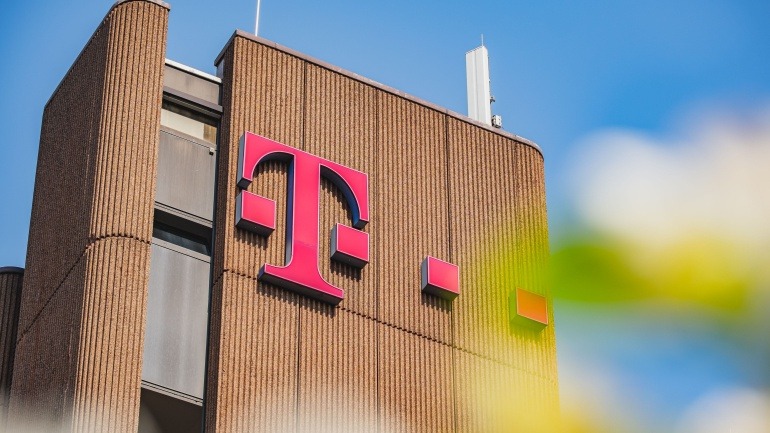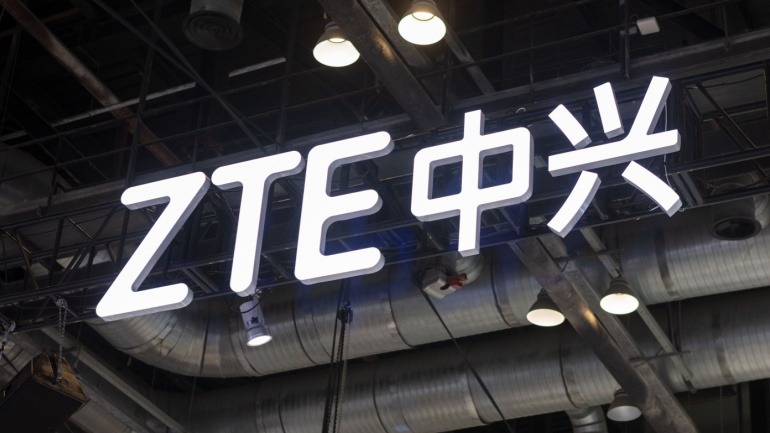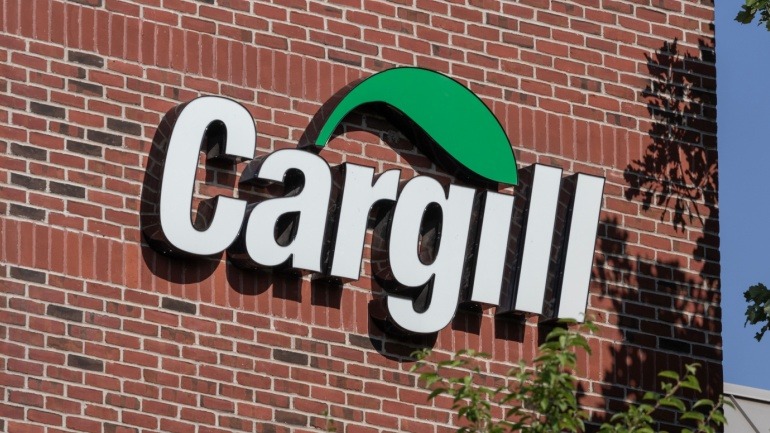Vodafone aims to revolutionize the UK’s roads and railways with its expansion of 5G Standalone (SA) networks. Collaborative modeling with WPI Strategy indicates this initiative could inject £3 billion ($3.94 billion) annually into the economy. The growth stems from improved connectivity and efficiency across diverse sectors.
For train commuters and remote workers, 5G SA promises better connectivity. An estimated 28.2 million annual train journeys experienced by workers hinder productivity due to poor connectivity. Improved 5G service is expected, turning these trips into £1 billion worth of productivity annually. Moreover, travelers would save 26 million hours through decreased delays.
5G doesn’t just boost productivity; it cuts down costs. Vodafone’s report highlights savings of £10 million in train delay compensations. This could be reinvested into vital rail infrastructure. Additionally, 5G-connected devices on roads could assist in reducing traffic congestion and delays for freight drivers. The resulting efficiency could mean productivity savings of £140 million yearly for businesses in the sector.
Andrea Donà, chief network officer at Vodafone UK, remarks, “The national rollout of a 5G SA network has the potential to transform connectivity on the U.K.’s roads and railways. Across road and rail alone, it could unlock £3bn a year for the U.K. through boosted productivity and by saving fuel costs through smoother journeys.”
However, without a proposed merger between Vodafone UK and Three UK, the nation might miss out on an £11 billion self-funded infrastructure investment. This project aims to deliver 5G Standalone to 95% of the population by 2030 and 99% by 2034. Last year, both companies agreed on a merger, creating a single joint venture. This deal sees Vodafone holding a 51% stake and Hutchison Group, Three’s parent, 49%.
Nonetheless, the merger faces scrutiny. The UK’s Competition and Markets Authority (CMA)’s provisional findings propose the merger might lessen competition. Concerns include potential price increases for millions of customers, or reductions in service offerings such as smaller data packages.
Both Vodafone and Three are actively engaging the CMA. They argue the merger will enhance growth, customer experiences, and boost competition. Their response includes addressing CMA’s concerns with commitments aimed at ensuring fair competition.
The CMA plans its final decision by December 7. It remains critical to consider all implications, as potential reductions in competition could affect both the retail and wholesale mobile landscapes. Various remedy options are under evaluation, like binding investment commitments and measures to shield retail and wholesale customers. If these are insufficient, the authority retains the right to block the merger.







